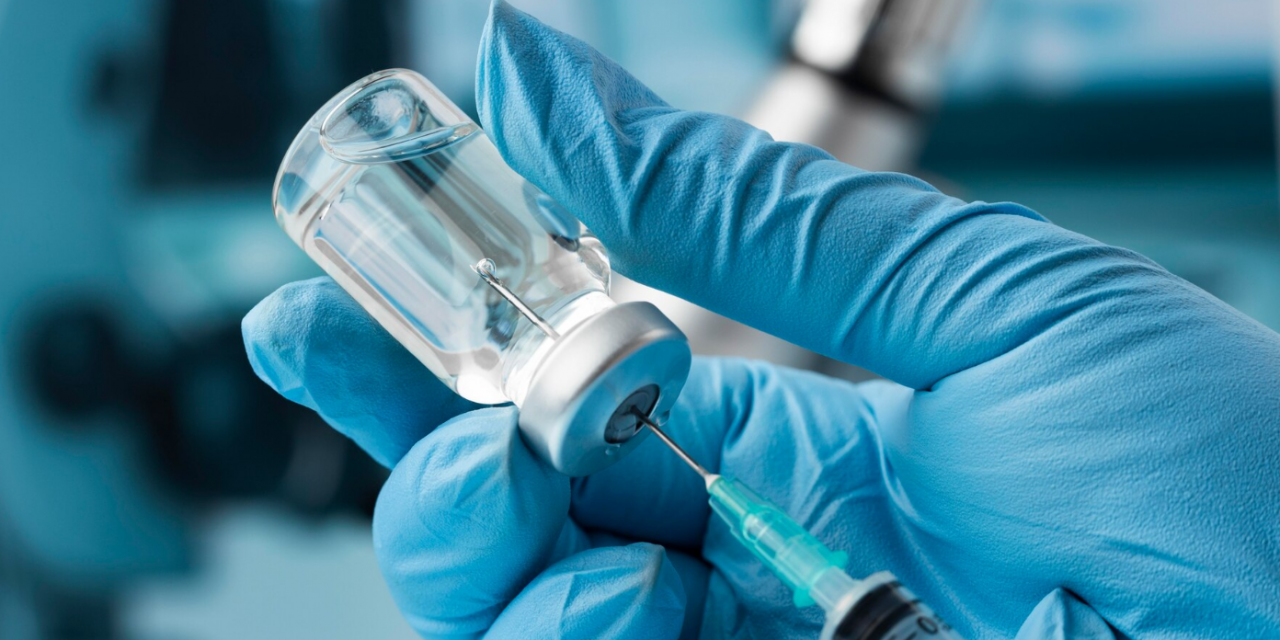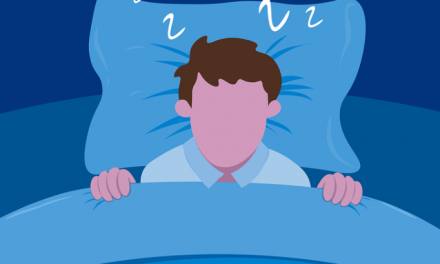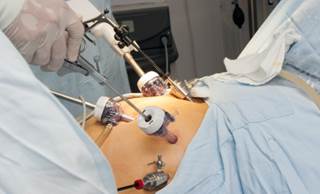Prefer to listen? Check out my audio recording of this post here:
As we get older, our immune systems become weaker , making us more susceptible to getting more severe illness when we catch a virus. What are the risks associated with the RSV virus, and should you be vaccinated?
RSV is a very common, highly contagious virus. Symptoms of RSV are similar to other respiratory viruses, including stuffy nose, sore throat, headache, fever, muscle pain, coughing, shortness of breath, productive cough, and/or wheezing. While most respiratory tract viruses like RSV and the flu are mild, they can lead to complications like pnemonia, and they also associated with a higher risk of heart attack or stroke. RSV is often not formally detected or reported as most younger, healthy people get a mild infection that does not require medical care. Natural immunity after having RSV is incomplete and short-lived, so we are susceptible to recurrent infections throughout our lives.
Older people are at higher risk of developing more severe RSV infection. Having concomitant health conditions is also associated with increased risk. For people with diabetes, the risk of hospitalization with RSV is 2-6 times higher than people without other health conditions. For people with heart disease, the risk is 4-6 times higher, and 4-8 times higher for people with heart failure. For people age 65+ admitted to hospital for RSV, one in nine will not survive.
Arexvy is the first and only RSV vaccine currently available in Canada (approved in august 2023), with a second RSV vaccine (Abrysvo) approved in December 2023. Both are approved for people age 60 and older, for the purpose of preventing lower respiratory tract disease. Abrysvo is also approved for pregnant women, to protect their infants from RSV infection (I will not be discussing pregnant women for today’s blog – please refer to the product monograph for more information on this group.).
The US Advisory Committee on Immunization Practices (ACIP) recommends the RSV vaccine for adults age 60+, while the Canadian National Advisory Committee on Immunizations (NACI) has not yet adjudicated these vaccines. According to ACIP, adults who may be at higher risk of RSV-associated disease include people with chronic lung diseases, heart disease, immune compromise, diabetes, blood, neurologic, kidney, or liver disorders. The American Diabetes Association now highly recommends the RSV vaccine for people with diabetes age 60 or older, as people with diabetes are one of the high risk groups.
So how effective are the RSV vaccines? In clinical trials of people age 60+, the Arexvy vaccine showed 85% efficacy to prevent lower respiratory tract disease, 94% efficacy to prevent severe lower respiratory tract disease, and 72% efficacy to prevent acute respiratory infection. Abrysvo demonstrated vaccine efficacy of 86% for first lower respiratory tract illness with 3 or more symptoms, and 67% for first lower respiratory tract illness with 2 or more symptoms. Data also suggest that both give some protection in a second RSV season as well.
What about safety and side effects of the RSV vaccines? The most common side effect is pain at the site of injection. Other common side effects can include fatigue, muscle pain, headache, and/or joint pain. These symptoms typically last 1-2 days, and are typically mild to moderate. Serious events after vaccination were similar to the placebo groups in the clinical trials. Out of total of about 12,500 patients in each group, 10 people who received Arexvy developed atrial fibrillation within 30 days after vaccination, vs 4 in the placebo group. For Abrysvo, out of about 16,300 people in each group, there were also 10 atrial fibrillation cases with Abrysvo vs 4 with placebo within 30 days after vaccination. As per the product monographs for both vaccines, the currently available information on atrial fibrillation is deemed insufficient to determine a causal relationship to the vaccine. There were no other notable patterns or numerical imbalances between groups for specific categories of unsolicited adverse events. There was one case of Guillain-Barré syndrome with Arexvy. With Abrysvo, there was one case of Guillain-Barré syndrome and one case of Miller-Fisher syndrome (a variant of Guillain-Barré syndrome).
BOTTOM LINE: RSV is now a vaccine-preventable illness that has a higher risk of severe disease in older people, and people with concomitant health issues like heart disease, lung disease, and diabetes. For people age 60 or older, I encourage you to proactively discuss the RSV vaccine with your health care provider. For health care providers, I encourage you to proactively discuss this vaccine with your patients!
Disclaimer: I receive honoraria as a continuing medical education speaker and consultant from the makers of Arexvy (Glaxo Smith Kline).
Share this blog post using your favorite social media link below!
Check me out on X / Twitter! @drsuepedersen
www.drsue.ca © 2024












